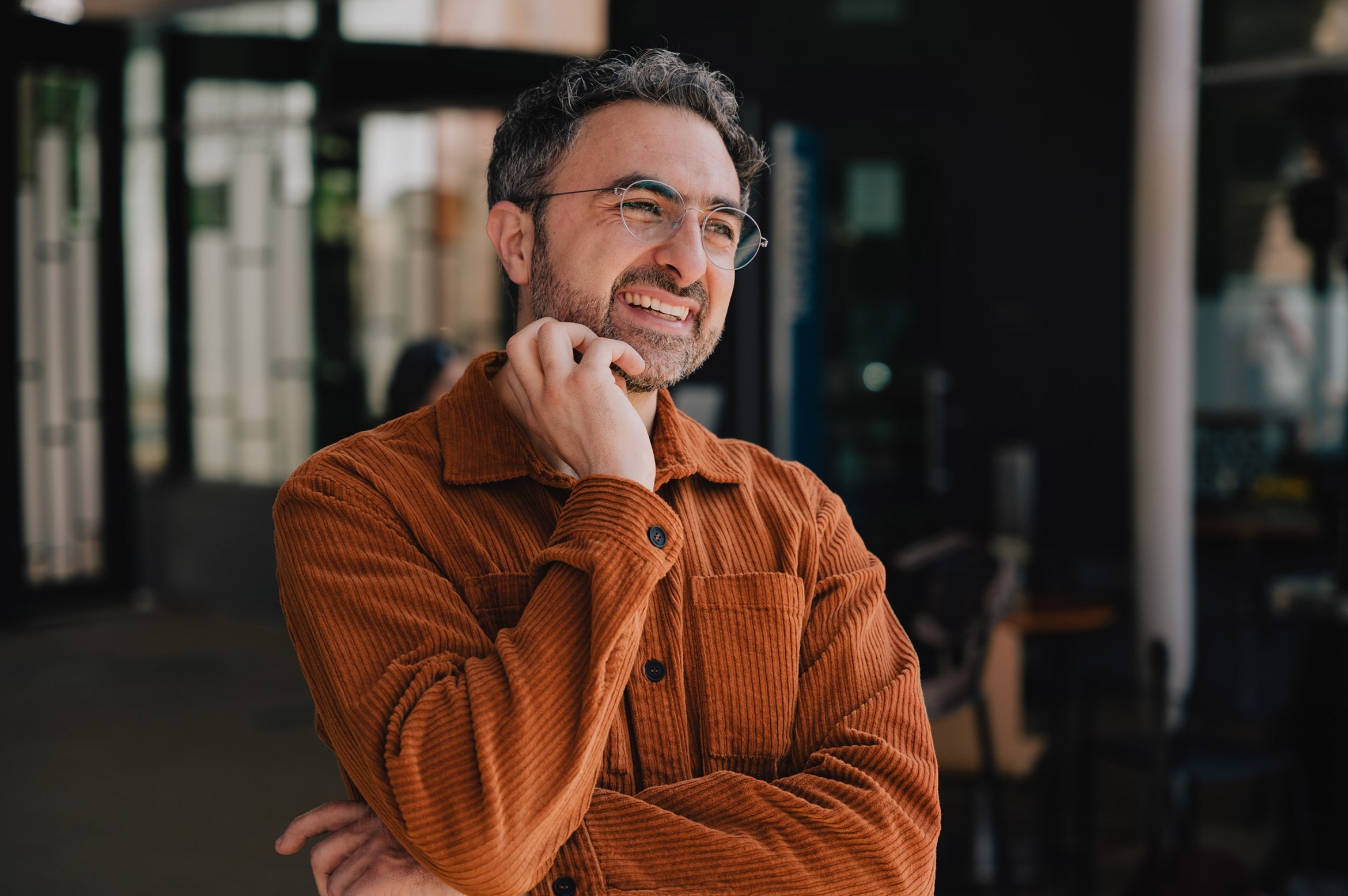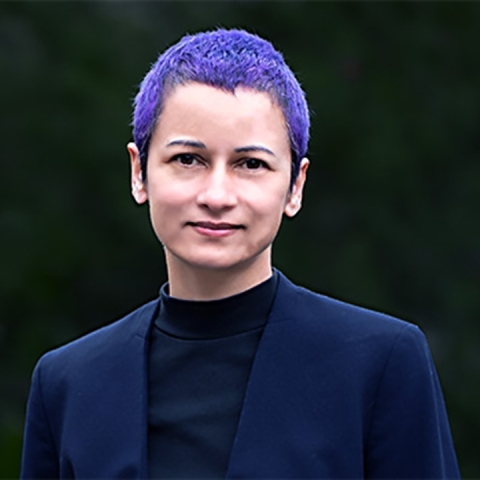Everyone will have their own AI soon

The child of a London taxi driver and nurse, Mustafa Suleyman dropped out of Oxford University in 2001 to found the Muslim Youth Helpline. Later he served as the city of London’s human rights officer. In 2010, he pivoted again, co-founding DeepMind, an artificial intelligence (AI) research lab. Four years later, it was acquired by Google for $650 million. Suleyman’s latest project? “The Coming Wave: Technology, Power and the Twenty-first Century’s Greatest Dilemma,” a book which serves as a warning about containing AI.
“The current model for containment is something developers call ‘red teaming,’ which is an adversarial testing process where new AI models are pushed not just to failure, but also to discover their capacities for harmful use,” Suleyman said. “PI stands for personal intelligence — in a few years, everyone will have their own AI.”
Suleyman will give a book talk Thursday, Oct. 5, at UC Santa Barbara’s Campbell Hall as part of UCSB Arts & Lectures’ Justice For All program. Every ticket holder will receive a copy of “The Coming Wave.”
In the event moderated by Misha Sra, Gerngross assistant professor of computer science in UCSB’s College of Engineering, Suleyman will discuss challenges to AI along with commentary on how his latest venture, InflectionAI, is keeping ethics and altruism as part of its goals. Hoping to popularize the notion that containing AI “will be the central challenge of the next several decades,” he proposes rules: “no electioneering, no digital counterfeit people (this is what Screen Actors Guild is worried about) and limited recursive self-improvement.”
“There are going to be hundreds of thousands of AIs in the world,” Suleyman said. “They will represent businesses, they will represent brands, every government will have its own AI, every non-profit. Every musician, artist, record label will have one.
“Everything that is now represented by a website or an app is soon going to be represented by an interactive, conversational intelligent service that represents the brand values and ideas of whatever organization is out there,” he added. “At the same time, everyone is going to want their own personal AI, helping you to be more organized, helping you to make sense of the world. It’s going to function like a chief of staff — prioritizing, planning, teaching and supporting you.”
While at UC Santa Barbara, Suleyman will also meet with students, serving as a guest lecturer for the Media Arts and Technology graduate course “Tech + Humanities” with Marcos Novak, professor of transarchitecture and interactive media.
Debra Herrick
Associate Editorial Director
(805) 893-2191
debraherrick@ucsb.edu




